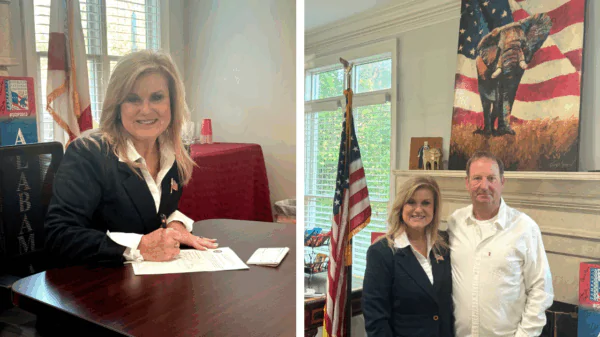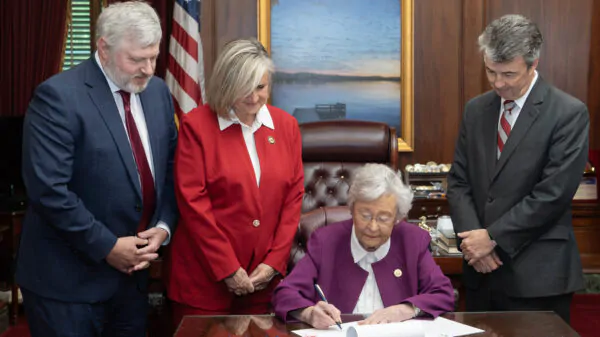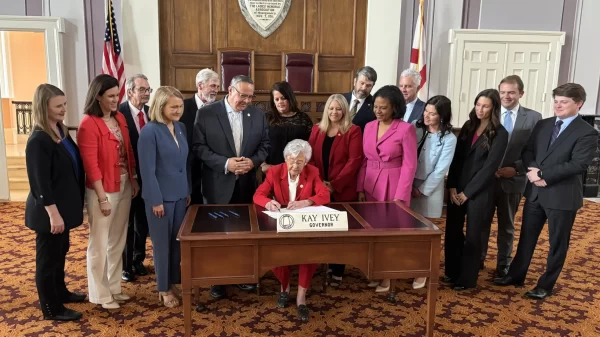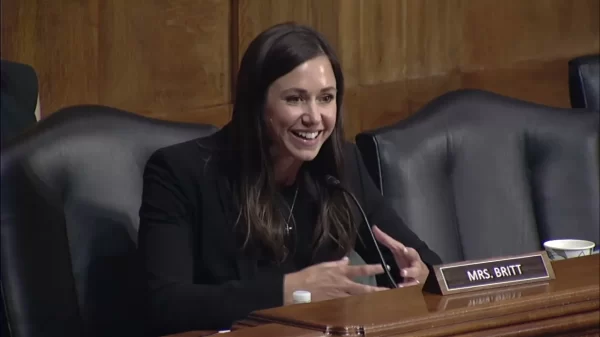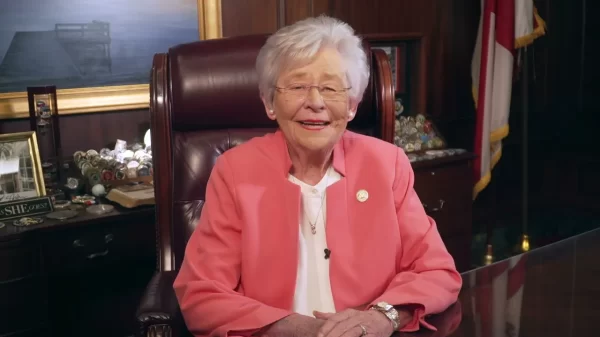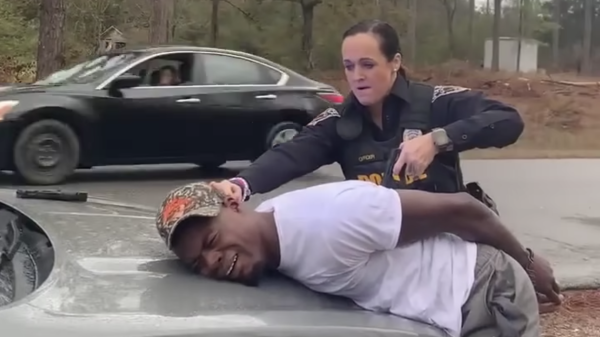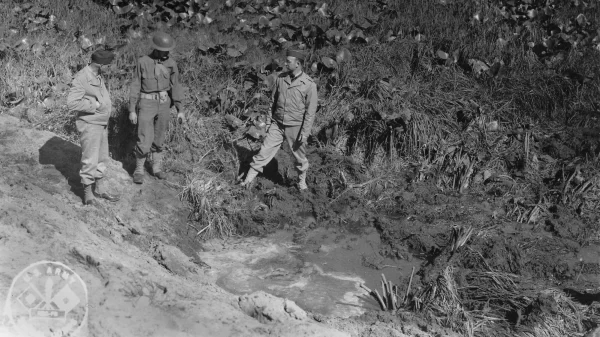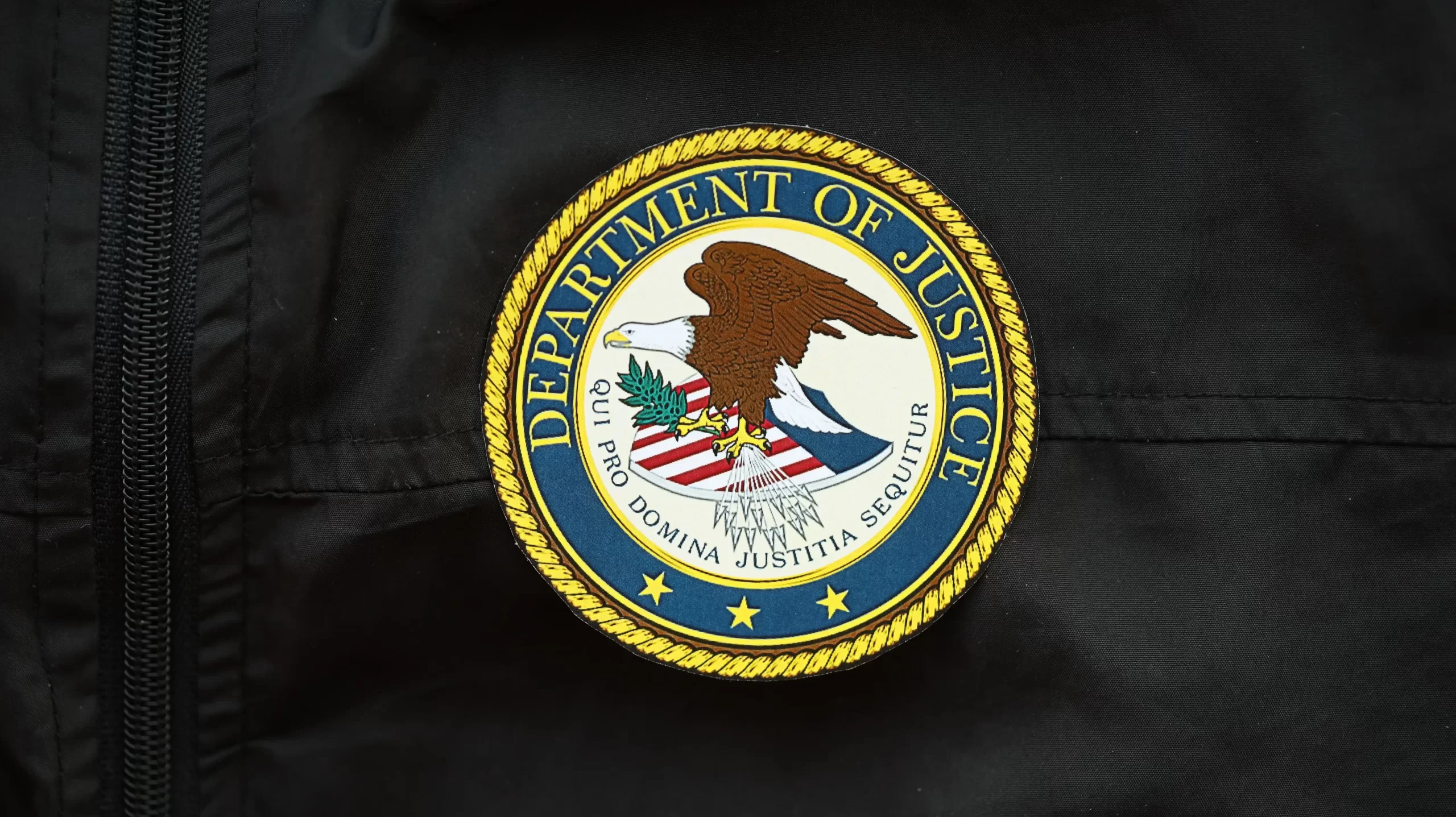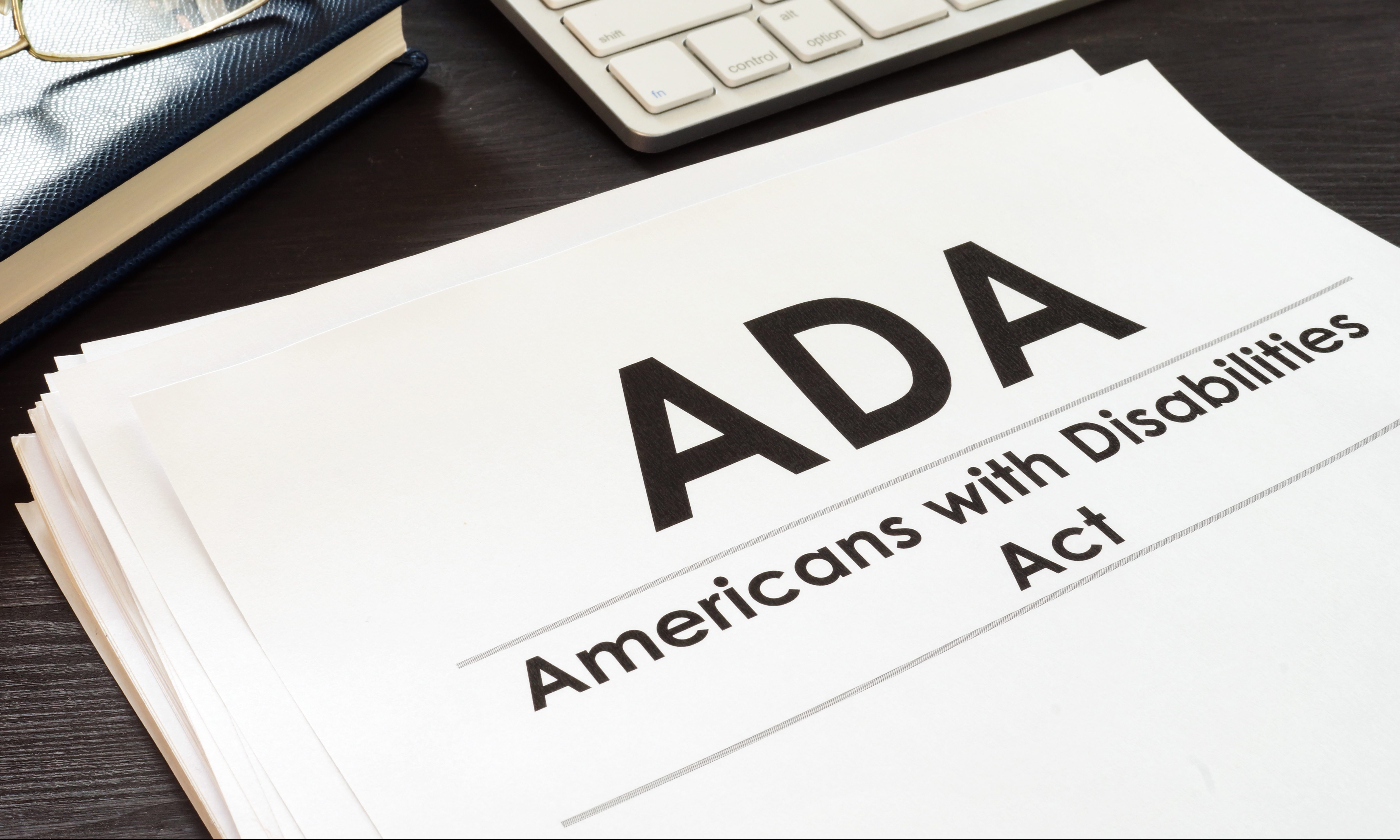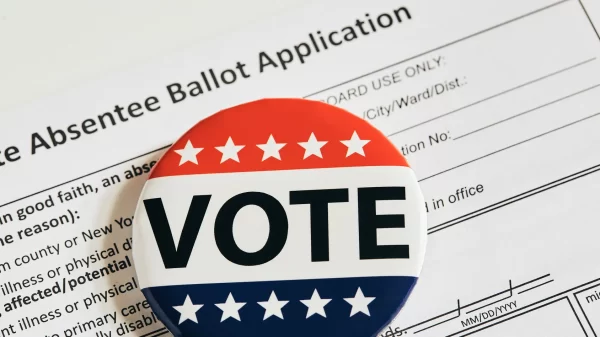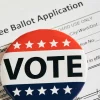The Justice Department announced plans to hold Tribal consultations in January 2025, to address issues arising from the Supreme Court’s 2022 decision in Oklahoma v. Castro-Huerta, a ruling that fundamentally altered the balance of jurisdiction in Indian country. The decision expanded state authority, allowing states to prosecute non-Indian defendants for crimes committed against Indian victims in Indian country, a move Tribes argue undermines their sovereignty and creates significant legal uncertainty.
For decades, the federal government and Tribes operated under the understanding that the General Crimes Act restricted states from prosecuting such cases, reserving that authority for Tribal or federal courts. The Castro-Huerta decision reversed this interpretation, asserting that states possess concurrent jurisdiction in these matters. Tribal leaders have expressed widespread concern that the ruling not only diminishes Tribal sovereignty but also disrupts cooperative law enforcement arrangements that have been vital to ensuring public safety.
Following listening sessions held in 2022, with over 500 Tribal representatives, the Justice Department identified several recurring concerns. Many Tribes reported that the decision introduced confusion into an already complex legal framework, making it harder to administer justice effectively. Others noted that longstanding cross-jurisdictional agreements between states and Tribes have been negatively impacted, eroding trust and complicating efforts to maintain public safety. Tribes also emphasized the broader implications of the decision, warning that it could pave the way for increased state interference in Tribal affairs.
In response, the Justice Department is considering legislative proposals aimed at restoring the previous jurisdictional balance. These proposals would reaffirm that states cannot prosecute crimes involving Indians in Indian country without express federal authorization and would require states to obtain Tribal consent before asserting such jurisdiction. Additionally, states would need to comply with federal procedures and, in some cases, amend their own constitutions or laws to align with these changes.
Attorney General Merrick Garland emphasized the importance of collaboration, stating, “The Department of Justice is committed to working with Native communities to advance our shared goal of Tribal safety while respecting and uplifting Tribal sovereignty.” The consultations planned for early next year will allow Tribal leaders to review and provide input on the proposed legislative fixes, with the goal of ensuring that any future laws reflect the needs and priorities of Tribal communities.
This effort represents a significant step toward addressing the far-reaching consequences of the Castro-Huerta decision. By seeking to restore clarity and balance to jurisdictional authority in Indian country, the Justice Department hopes to strengthen Tribal sovereignty and improve the administration of justice for Tribal nations.


